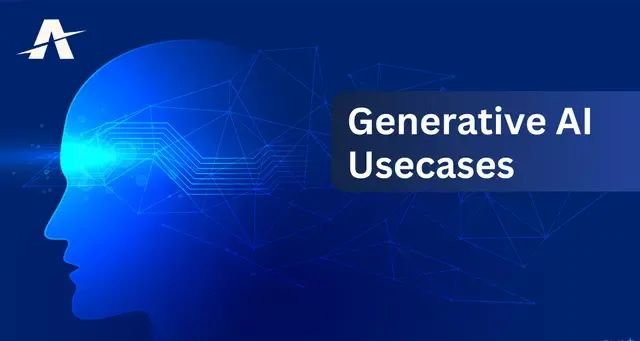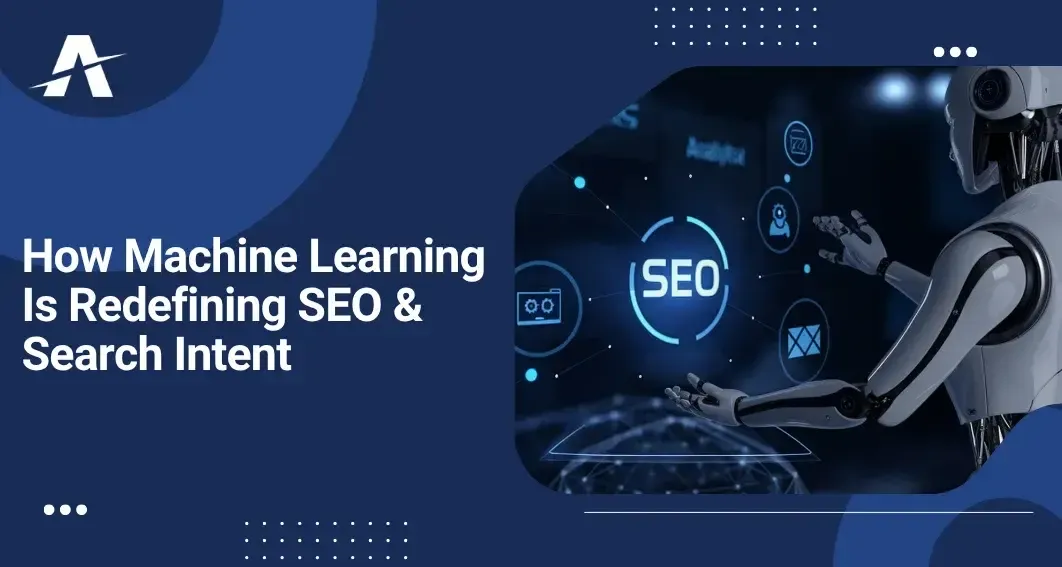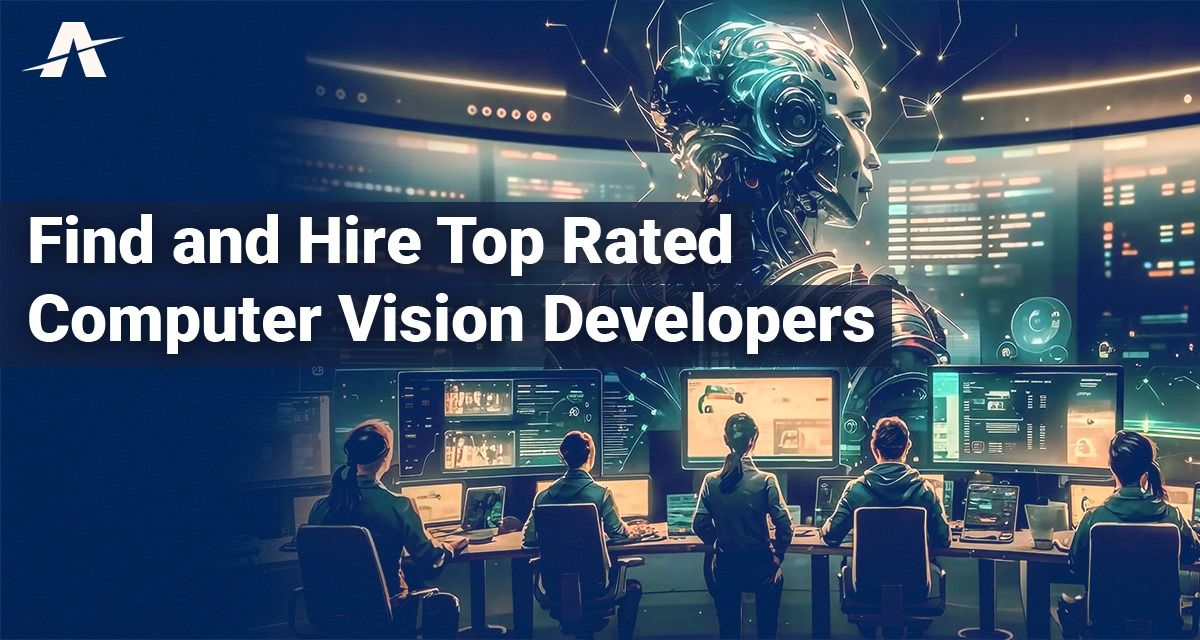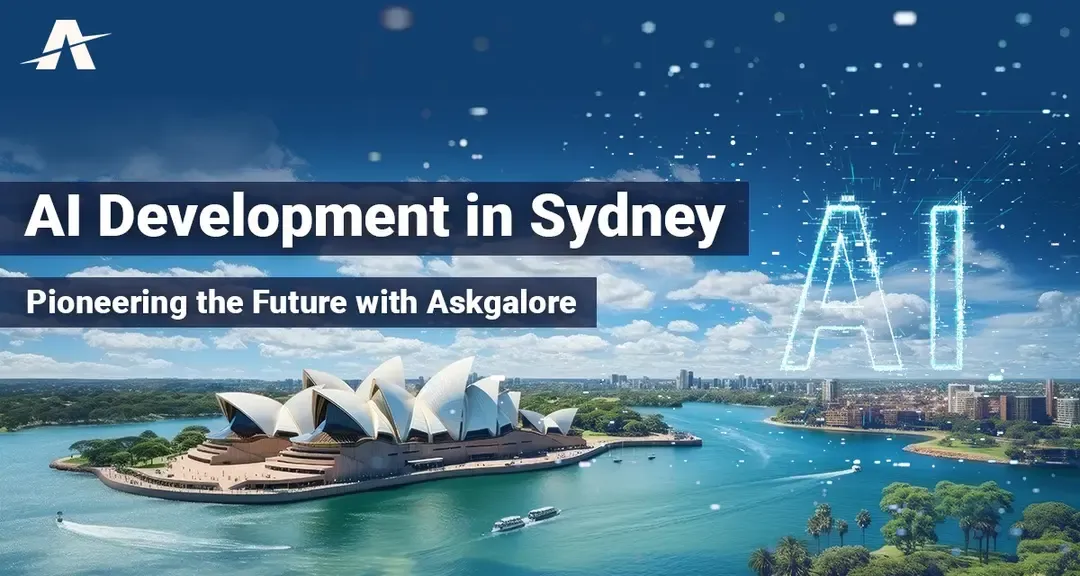
The world of digital marketing is changing rapidly, and one of the biggest shifts is happening in Search Engine Optimization (SEO). Thanks to the powerful influence of Machine Learning (ML), SEO has become more advanced, more accurate, and much smarter.
Machine Learning is now playing a major role in how search engines understand websites, decide their rankings, and deliver the right content to the right users. It helps search engines go beyond just keywords by focusing on what users want.
This means websites are not only ranked based on traditional SEO techniques but also on how well they match a user’s intent. As a result, businesses need to adopt smarter SEO strategies that use Machine Learning to stay visible, competitive, and relevant in today’s digital world.
What is Machine Learning in SEO?
Machine learning is a subset of artificial intelligence (AI)that enables computers to learn from data and make decisions without being explicitly programmed. In the context of SEO, it powers algorithms used by search engines to understand user behavior, optimize rankings, and deliver more relevant results.
Key Machine Learning Applications in SEO:
User intent prediction
Automated keyword clustering
Content relevance scoring
Natural language processing (NLP)
Use a CDN for global speed consistency
Anomaly detection in site performance
Smarter Search Rankings: Beyond Keywords
SEO is no longer just about stuffing keywords into pages. Machine learning algorithms now analyze hundreds of signals, including user behavior, page experience, content quality, and semantic relevance, to determine rankings.
How ML Enhances Search Rankings:
Personalized SERPs: ML tailors search results to individual user behavior and preferences.
Real-time adjustments: Algorithms dynamically update rankings based on click-through rates (CTR), dwell time, bounce rates, and more.
Content-to-query matching: Pages that contextually answer queries — not just include keywords — rank higher.
Example: Instead of ranking a page just because it uses “best running shoes,” ML prioritizes content that answers why a certain shoe is the best for specific needs (e.g., marathon running, flat feet, etc.).
Intent Matching: Understanding the "Why" Behind Searches
User intent — the reason behind a search query — is now the centerpiece of modern SEO. Machine learning algorithms utilize natural language processing (NLP) to interpret not only what users type, but also what they actually intend.
ML's Role in Search Intent Detection:
Query classification: Identifies if the user wants information, a product, directions, or a service.
Content mapping: Matches content to the searcher’s goal — whether it’s transactional, navigational, or informational.
Voice and conversational search adaptation: Understands queries like “What’s the best SEO tool for a small AI startup?”
Data-Driven Optimization with Predictive SEO
Machine learning enables predictive analytics, helping marketers forecast which keywords, content types, and UX elements will drive traffic and conversions.
Benefits of Predictive SEO:
Traffic forecasting
Content opportunity identification
Algorithm update risk detection
Automated A/B testing
Best Practices: SEO in the Age of Machine Learning
To thrive ML-driven SEO landscape, marketers must shift their focus from outdated tactics to data-backed, user-first strategies.
Actionable Tips:
Focus on intent over keywords: Align your content with what users want to achieve.
Leverage NLP tools: Optimize for semantic SEO using AI tools.
Improve UX and Core Web Vitals: ML considers page speed, interactivity, and mobile-friendliness.
Create topic clusters: Interconnected content helps ML understand subject authority.
Use structured data: It helps machines better understand and index your content.
The Future of SEO is Machine-First
As machine learning continues to evolve, the gap between human search behavior and machine understanding is closing rapidly. It demands smarter strategies, deeper analytics, and a relentless focus on user satisfaction.
Search engines have doubled down on Experience, Expertise, Authoritativeness, and Trustworthiness (E-E-A-T) as core ranking factors, and machine learning plays a critical role in evaluating them.
Algorithms assess content quality using contextual signals like author bios, citations, sentiment analysis, and backlink profiles. Brands that demonstrate real-world expertise, showcase user-generated content, and maintain consistent messaging across channels are rewarded with higher visibility.
Frequently Asked Questions (FAQ)
1. How is machine learning changing SEO?
Machine learning is transforming SEO by helping search engines better understand user intent, personalize results, and improve content relevance. It moves SEO beyond keyword-matching to intent-based optimization.
2. What role does Google’s RankBrain play in SEO?
RankBrain is a machine learning algorithm used by Google to process search queries and understand user behavior. It helps Google deliver more accurate and relevant results by analyzing how users interact with search listings.
3. How does machine learning help with search intent?
Machine learning analyzes vast amounts of user data to determine the intent behind queries—whether informational, transactional, or navigational—and adjusts rankings accordingly for better user satisfaction.
4. Why is understanding search intent important for SEO?
Optimizing for intent ensures your content aligns with what users actually want, improving click-through rates, reducing bounce rates, and increasing conversions—key factors in SEO success.
5. Can machine learning improve content creation for SEO?
Yes. Tools powered by machine learning can suggest content topics, improve readability, recommend keywords based on intent, and even predict how content will perform in search.
6. Is keyword research still relevant with machine learning in SEO?
Yes, but the focus has shifted from exact-match keywords to understanding topics, related terms, and semantic meaning. It’s about context and how well your content satisfies user intent.
7. How can businesses adapt to machine learning-driven SEO?
Businesses should focus on creating high-quality, user-centric content, structuring data properly (e.g., using schema markup), and monitoring user engagement metrics like dwell time and click-through rate.
8. What SEO tools use machine learning?
Popular tools like Clearscope, Surfer SEO, MarketMuse, and SEMrush integrate machine learning to help with content optimization, keyword research, and competitor analysis based on search intent trends.
9. Will AI and ML replace traditional SEO practices?
Not entirely. While AI and ML enhance and automate parts of SEO, core practices like quality content creation, technical optimization, and link building remain essential, just more data-informed.
10. What’s the future of SEO with machine learning?
SEO will become more predictive, personalized, and user-focused. As search engines evolve, success will depend on understanding user behavior, creating relevant experiences, and continuously adapting to algorithmic changes.












